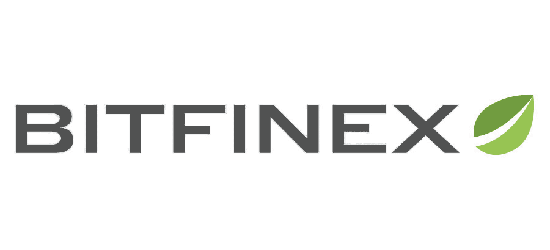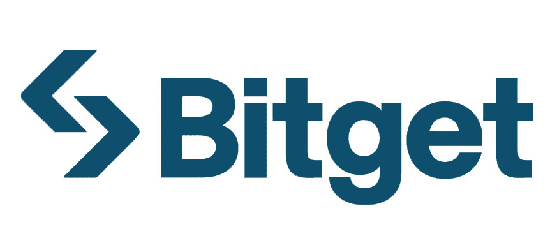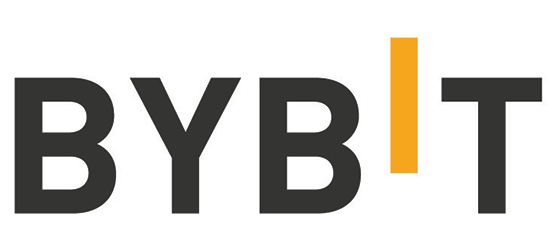Yet another exchange to end support for stablecoins ahead of MiCA
Based in New York, the cryptocurrency trading platform Uphold has announced plans to phase out support for a range of stablecoins including Tether (USDT), Dai (DAI), and Frax Protocol (FRAX) in light of the impending Markets in Crypto Assets (MiCA) legislation, as revealed in a recent notice by Antony Welfare, a high-ranking advisor on CBDC Europe and International Partnerships at Ripple.
The list of stablecoins also being removed comprises Gemini Dollar (GUSD), Pax Dollar (USDP), and TrueUSD (TUSD). From July 1, 2024, these digital assets will cease to be accessible via Uphold.
Uphold has recommended that its clients swap their stablecoin assets by June 27, 2024, to sidestep an automatic exchange into USDC slated for June 28.
The enactment of MiCA's stablecoin regulations in the European Economic Area (EEA) on June 30 is set to establish an important regulatory benchmark for the region's stablecoin sector.
Binance, yet another influential exchange, has similarly introduced adjustments to align with MiCA, implementing a sell-only directive for Unauthorized Stablecoins alongside instituting further limitations across its operations.
OKX and Kraken have made operational changes in reaction to the upcoming EU regulations as well.
OKX ceased offering USDT trading pairs within the EU in March, though it will maintain support for other stablecoins such as USDC and pairs tied to the euro.
Previous month, Kraken disclosed that it was deliberating over the compliance of Tether under the novel EU stipulations, considering both the advantages and drawbacks of retaining USDT on its platform. The outcome may lean towards delisting dependent on the results of this examination.
Under the MiCA protocol, entities issuing stablecoins within the EU are required to obtain licensing as Electronic Money Institutions (EMIs) or as credit bodies. While the future of various stablecoins hangs in doubt, those backed by the euro are predicted to find favorable conditions under the new parameters.

















